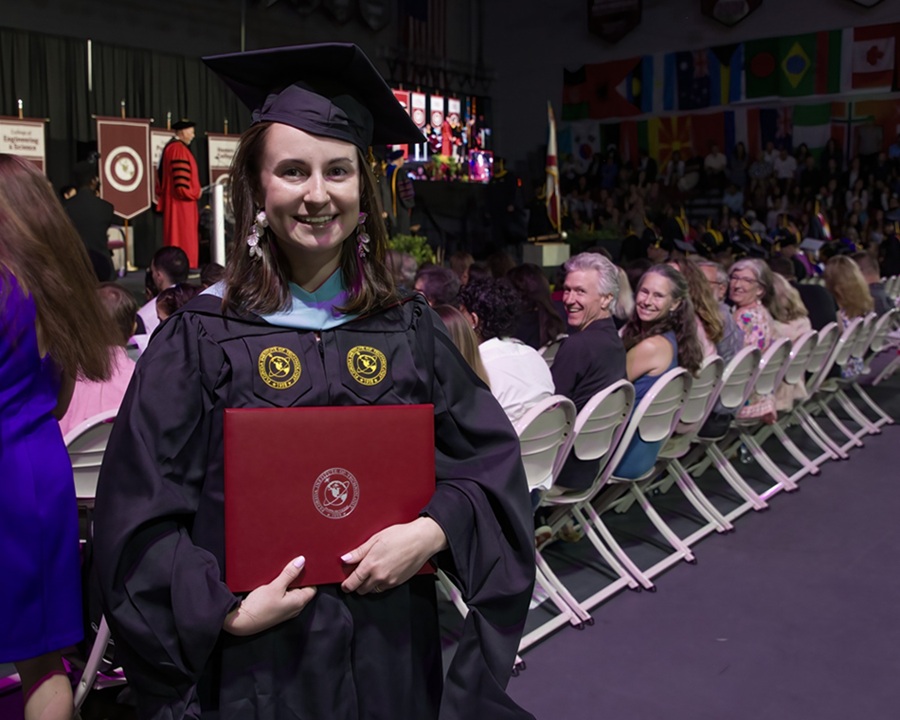Invest in Your Future as a STEM Educator
The STEM education M.S. is designed for educators who want to deepen their subject knowledge and become more thoughtful, effective and innovative in how they teach.
If you’re passionate about STEM and committed to inspiring the next generation through education, this degree will take your expertise to the next level. You’ll be challenged to think critically, apply what you learn and shape your path through hands-on projects and meaningful research.
This program supports your professional advancement, whether you want to build on classroom experience, move into a leadership role, design curriculum, teach at a higher level or pursue doctoral study.

 Give to Florida Tech
Give to Florida Tech 


